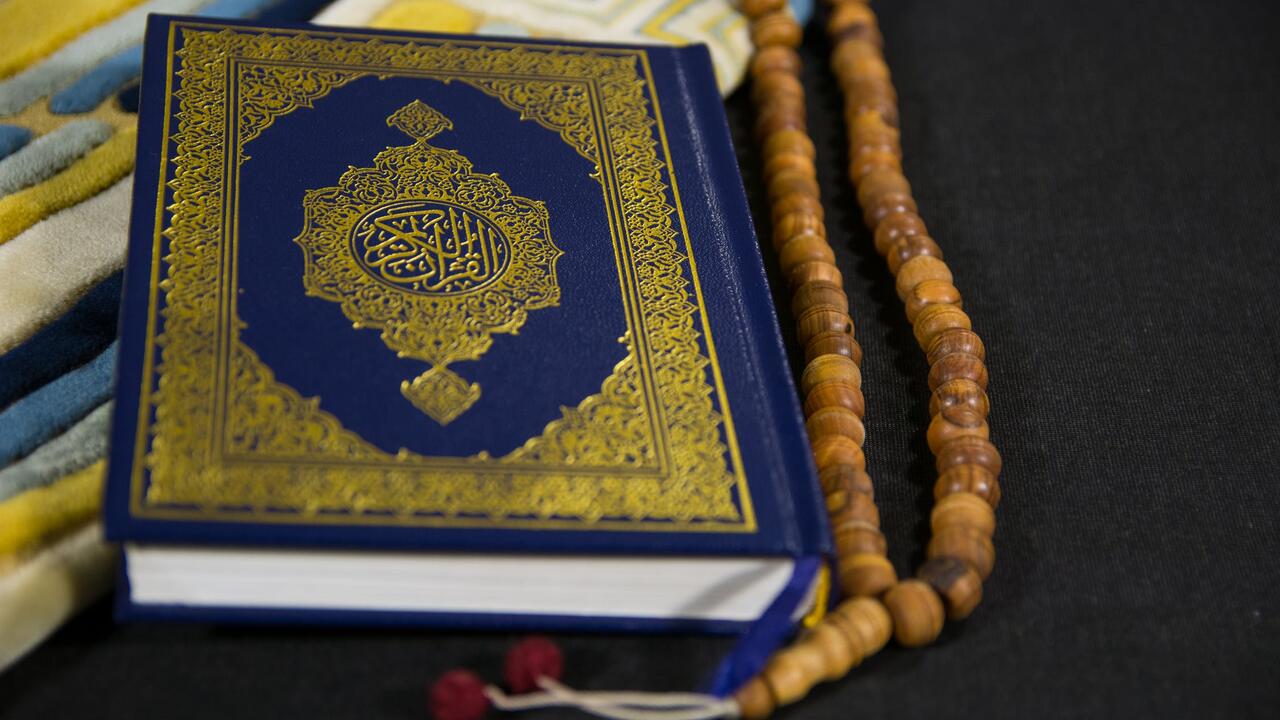
Q and A with the experts: Addressing Islamophobia in our communities
Amir Al-Azraki, a professor of Arabic language, literature and culture, discusses Islamophobia in our communities

Amir Al-Azraki, a professor of Arabic language, literature and culture, discusses Islamophobia in our communities
By Media RelationsTrigger warning: Some people may find the following content distressing.
After a motorist drove into a family out for a walk killing four of them, police said it was deliberate and the driver targeted them because of their Muslim faith. The accused faces charges of first-degree and attempted murder, as well as terrorism. Amir Al-Azraki is a professor of Arabic language, literature and culture, and co-ordinator of Studies in Islamic and Arab Cultures at Renison University College. He recently discussed Islamophobia in our communities on the University’s Beyond the Bulletin podcast. This is an excerpt that has been condensed for length.
Madiha Salman, her husband, Salman Afzaal, their children Yumna and Fayez, and Salman's mother Talat were all out for a stroll on a Sunday, when they were hit in what many are saying was a premeditated, hate-motivated act of Islamophobia by a terrorist. What were your thoughts when you heard?
The tragedy that happened in London was not a random or isolated incident. I think it was a culminating scene of the violence and hatred Muslims face daily in Canada. I have personally witnessed Islamophobia, and there is growing evidence of rising Islamophobia. Looking at the statistics, the number of anti-Muslim hate crimes increased from 166 incidents in 2018 to 181 in 2019. These are only the reported incidents. Canadians for Justice and Peace in the Middle East released a survey indicating that Canadians are least comfortable with a figure of authority who wears a hijab versus any other type of religious garb.
What do you want people to know about Islam?
Islam is not an ethnicity. Islam is a religion that includes all kinds of people, and different cultures from around the world. A lot of these hatred problems, hatred crimes occur because of their ignorance of the Muslim community. Go to your Muslim neighbours, and have a talk, learn about their life. They share humanity, they share all these human values that we have as people living together. Islamophobia is not only in Canada. I appreciate being here in Canada, but this does not deny the fact that we have hatred of Muslims here. Hatred against Muslims does not begin with a truck driver killing innocent Muslim people on the sidewalk. Islamophobia begins with bigotry in our homes and schools, workplaces, and communities. If Canadians want to show some solidarity, if they want to address the problem, they must take action and not have to wait for politicians or the government to come together. The actions taken against Islamophobia need to be an ongoing effort, not just a reaction to tragedies.
What do you cover in the Studies in Islamic and Arab Cultures program that you co-ordinate?
The students in the program study Islamic and Arab cultures in the fine arts, language, literature, drama, history, politics, science, anthropology, social development, gender and sex, and a myriad of other disciplines. The goal of the program is to bring together multiple perspectives and teach students how to deconstruct essentialist caricatures of religions, cultures, genders, and other labels that lend themselves to stereotypes. I am also a theatre practitioner; I use Theatre of the Oppressed to address social justice issues and human rights issues. One of the techniques of Theatre of the Oppressed, called forum theatre, is like a theatrical game that seeks to motivate people. The audience will intervene in a scenario, either by suggesting something to the actor, or by replacing one of the actors. If a bystander supports the oppressed, other bystanders may join in their support. And this intervention changes passive spectators. It will not necessarily solve the problem itself, but this practice helps to create good citizens who are responsible towards each other.
The podcast episode includes additional ways to provide support.
The killing of several members of a Muslim family in London, Ontario was not an isolated incident, said Amir Al-Alzraki. The professor and coordinator of studies in Islamic and Arab cultures at Renison University College was featured on the Beyond the Bulletin podcast discussing Islamophobia in our communities.

Read more
The Government of Canada announces funding to support research in food policies and medical devices

Read more
Researchers developed a process to reduce the amount of energy needed to run data centres

Read more
Here are the people and events behind some of this year’s most compelling Waterloo stories
The University of Waterloo acknowledges that much of our work takes place on the traditional territory of the Neutral, Anishinaabeg, and Haudenosaunee peoples. Our main campus is situated on the Haldimand Tract, the land granted to the Six Nations that includes six miles on each side of the Grand River. Our active work toward reconciliation takes place across our campuses through research, learning, teaching, and community building, and is co-ordinated within the Office of Indigenous Relations.